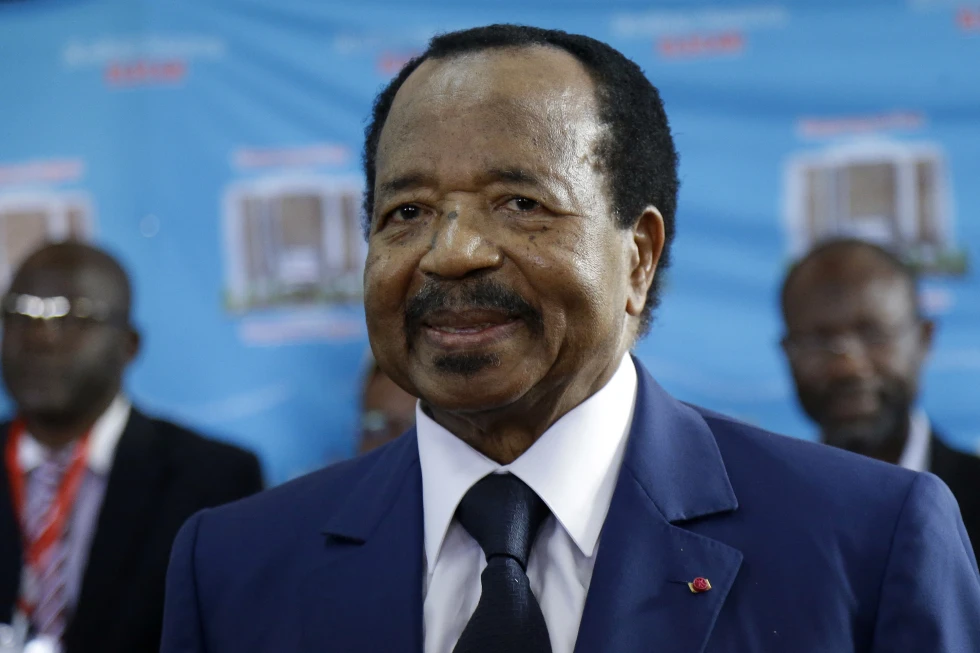The Cameroonian government has forcefully denied widespread speculation about the health of 91-year-old President Paul Biya, asserting that he is on a private visit to Europe and in good health.
Communications Minister Rene Sadi issued a statement on Tuesday, dismissing reports about Biya’s condition as “pure fantasy” with “no connection to reality.” The government’s response comes after a month-long absence from public view sparked intense speculation about the nonagenarian leader’s wellbeing.

President Biya was last seen in public at the China-Africa summit in Beijing in early September. His subsequent absence from high-profile events, including the United Nations General Assembly and the International Organization of La Francophonie summit in France, fueled concerns and rumors.
Sadi emphasized in the statement, “The head of state is doing well and will return to Cameroon in the next few days.” However, no specific details were provided about the nature of Biya’s European trip or his exact return date.
Biya, who has ruled Cameroon since 1982, is Africa’s second-longest-serving leader and the country’s second president since independence in 1960. His prolonged tenure has led to a situation where many Cameroonians have known no other leader.
The president’s extended absence and lack of a clear succession plan have raised concerns about potential political instability in a region that has experienced eight coups since 2020. One African minister, speaking anonymously, expressed worry about the aftermath of Biya’s potential passing, stating, “No one has prepared for the aftermath. We don’t know what Cameroon [would] be like without Paul Biya.”
Biya’s government faces significant challenges, including a secessionist movement in Cameroon’s English-speaking provinces and ongoing threats from the Boko Haram extremist group based in neighboring Nigeria.
Opposition parties and civil society groups have been calling for transparency regarding Biya’s health status and exact whereabouts. Critics have accused Biya and his party of using various tactics, including prosecution and intimidation of opponents, to maintain their grip on political power.



